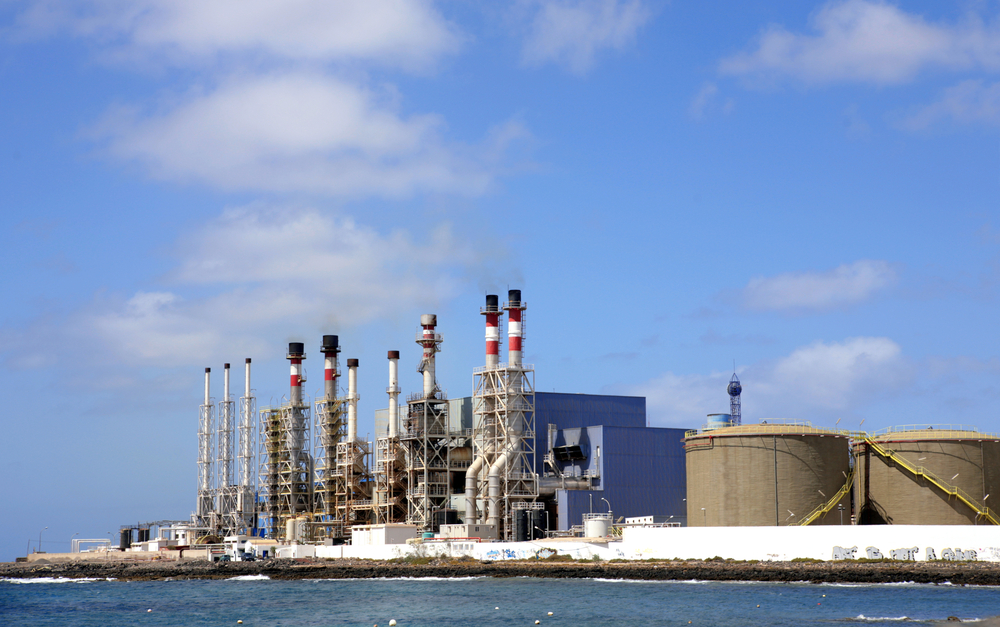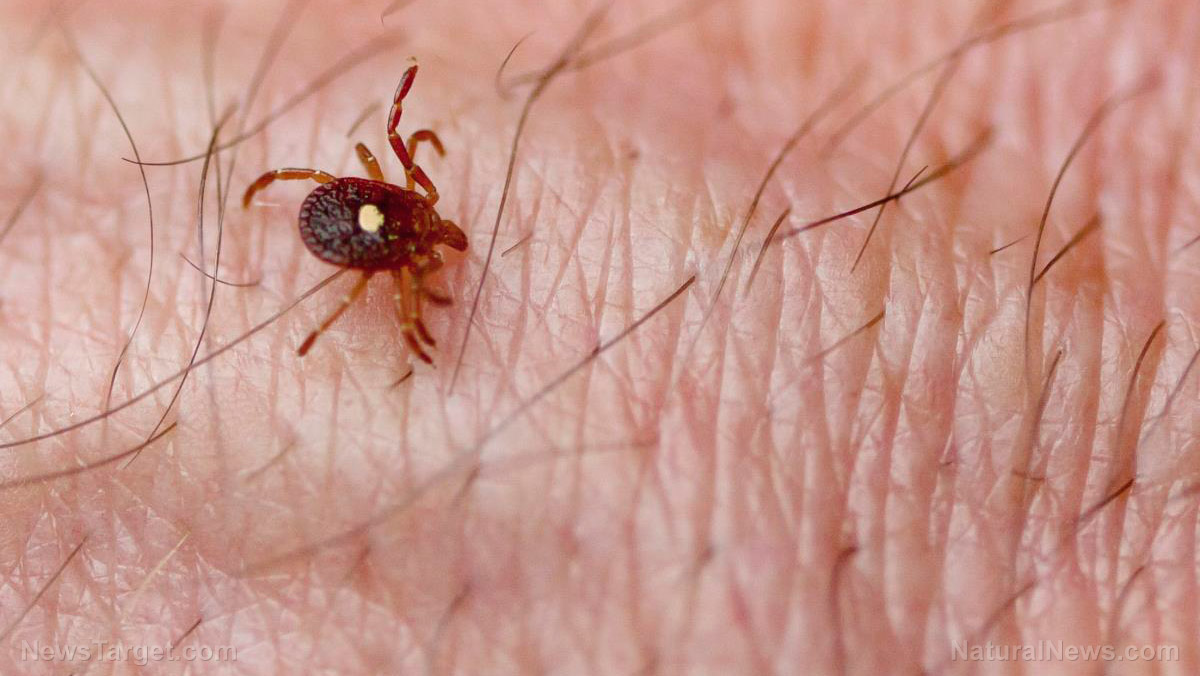Nearly 1.6 billion disposable face masks flooded oceans in 2020
08/03/2021 / By Divina Ramirez

The COVID-19 pandemic has worsened marine plastic pollution. According to a report released early this year, 1.56 billion disposable face masks ended up in the world’s oceans in 2020, amounting to between 4,680 and 6,240 tonnes of plastic pollution. Unfortunately, this is just the tip of the iceberg.
Teale Bondaroff, lead author of the report and director of Hong Kong-based marine conservation organization OceansAsia, said those 1.56 billion face masks are on top of the eight to 12 million metric tonnes of plastic that enter the world’s oceans annually.
What’s worse is that each of those face masks could take over 400 years to degrade, all the while leaching toxic chemicals that threaten marine life.
The report also found that some 52 billion face masks were produced in 2020 to make up for the sudden spike in demand shortly after the World Health Organization (WHO) declared the COVID-19 outbreak a pandemic. Bondaroff and his colleagues also noted that the increased production of plastic face shields and personal protective equipment (PPE) generated more plastic waste as well.
Disposable face masks are polluting oceans
The researchers acknowledged that it’s hard to determine the exact amount of disposable face masks produced worldwide since the pandemic began, as well as how much of those masks weren’t disposed of properly.
They arrived at 1.56 billion after using a formula that took into account an overall loss rate of three percent, or the percentage of disposable face masks that escape water management systems, and a global production estimate of 52 billion face masks manufactured in 2020.

Disposable face masks and other PPE offer protection from the virus, but their improper disposal has led to an unprecedented surge in plastic pollution, particularly in oceans and waterways.
The researchers first brought worldwide attention to the issue when they reported finding face masks washing up on remote beaches in the Soko Islands southwest of Hong Kong last February. They continued to find masks along the beaches with each visit to the islands.
But that troubling discovery wasn’t unique to the Soko Islands. The researchers mentioned in their report that news outlets were soon filled with stories of disposable face masks and other PPE littering cities worldwide.
This is worrying news because disposable face masks are made of polypropylene, a plastic used to make a wide variety of products, from rugs to food containers. As polypropylene degrades, it breaks up into microscopic pieces of plastic called microplastics.
The effects of microplastics on human health remain unclear. That said, microplastics are becoming more and more common in the country’s drinking water supply. A 2017 study showed that the United States had the highest tap water contamination rate at 94 percent. Even tap water sampled from the Environmental Protection Agency was contaminated with microplastics.
Meanwhile, a study published in March showed that water samples from 50 iconic rivers, lakes and streams in Pennsylvania contained microplastics. Such studies are worrying because plastics contain and leach endocrine-disrupting chemicals that can cause chronic diseases and reproductive disorders. (Related: Exposure to common chemicals wreaks havoc on your hormones: Endocrine disruptors linked to multiple health problems.)
Disposable face masks pose a threat to wildlife
Bondaroff and his colleagues also underscored the impact of ocean plastic pollution on marine life. They noted that plastic pollution was already killing approximately 100,000 marine mammals and turtles, one million seabirds and great numbers of fish and invertebrates per year before the COVID-19 outbreak occurred.
Just months after the outbreak was declared a pandemic, news outlets began reporting about wild animals being found dead trapped in face masks or with face masks inside their stomachs.
The researchers ended their report by making a number of recommendations, such as wearing reusable masks, disposing of single-use masks properly and reducing overall consumption of single-use plastic products.
In addition, they called on governments to implement policies that encourage the use of reusable masks, foster efforts to develop environmentally friendly alternatives to disposable face masks and improve waste management systems.
Learn more about the environmental impact of disposable face masks at Environ.news.
Sources include:
Submit a correction >>
Tagged Under:
This article may contain statements that reflect the opinion of the author




















